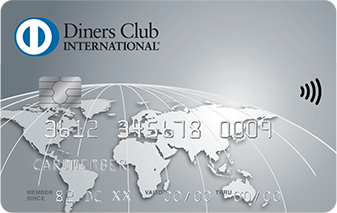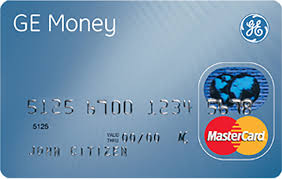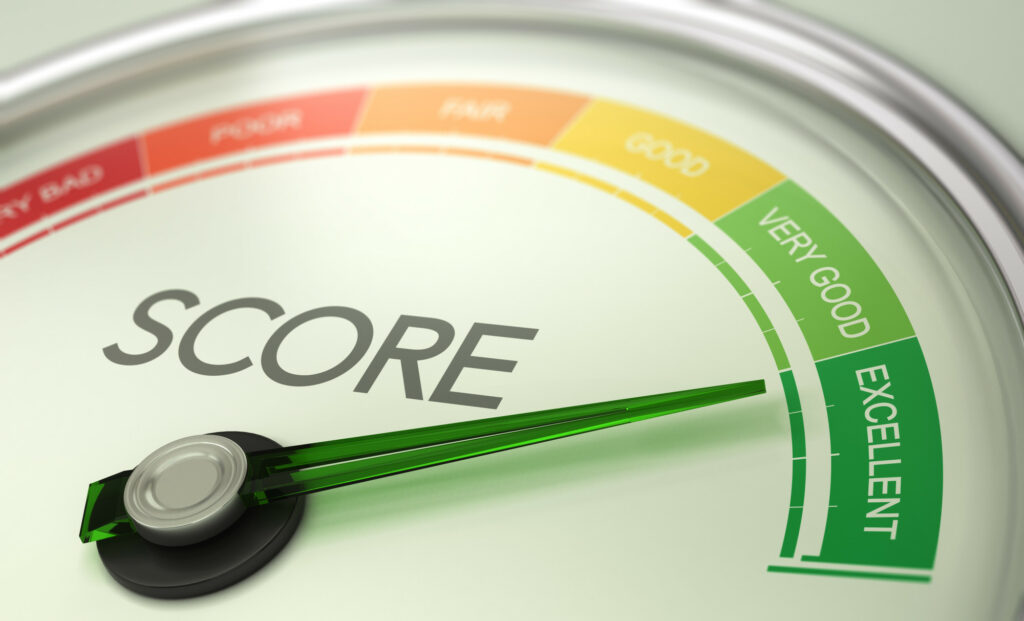- access to 800 airport lounges
- exclusive access to Diners Club Privileges
- 1 point for every $1 spend to redeem for premium products
- highly personalised service
- apply easily online
- specialist New Zealand lender
Most Read in Credit Cards
When borrowing money, include the cost of doing so in your calculations.
Turn back now if saving money is your goal. However, in today’s world, this is nigh on impossible. For most of your immediate financial needs, while not having the money, makes it inevitable that some form for financial borrowing will have to take place. The fact is borrowing is not financially ruinous if you follow a few basic rules and exercise discipline while doing it. Credit cards can be useful and effective if employed responsibly.
Depending on the terms of repayment, credit cards fall into two main categories. Let’s look closer at them.
The Main Credit Options
Short to mid-term credit – this group contains most credit lines and unsecured loans, including in-store financing, car loans, store-brand cards, overdrafts, credit cards and personal loans.
Longer term borrowing – this category contains debt consolidation, home equity credit and home loans. Repayment terms in this category are over a longer time period due to them being larger in amount, and also because they are asset-secured, typically the borrower’s home. There is a wide choice secured long term loans in New Zealand. Although possible, it is rare to find larger-sum unsecured loans.
The Mechanics of Credit Cards
Credit cards are perhaps the most convenient form of immediate unsecured credit. For you to be issued with a credit card, security in the form of an asset is not required. The lender’s approval will be determined by your income, as that will be the means by which you will pay them back.
Credit cards and traditional overdrafts work in much the same way, only more affordable and practical. A pre-arranged spending limit is enforced, beyond which you cannot go beyond. You also are granted the chance of repaying the principal sum sans interest within a given time period, without having to pay it off entirely, only the least required amount. Only when this given time period elapses does the provider begin to charge interest on any left-over balance.
By their design, credit cards are meant to fund purchases in the minor to intermediate category. A good rule of thumb is utilizing less than a 30% of your limit per month. It is quite okay to borrow a few hundred dollars, although several thousand is definitely not advisable. Within limits, and with proper planning, a credit card can be used for buying larger purchase like a new television, or new furniture for the living room. Basically, plan to pay back what you borrow.
The Best Credit Cards
There is a whole host of credit card options available to you in New Zealand, therefore certainly due your due diligence on the different cards offered. In a best case scenario, longer repayment terms, lower charges and fees, and a lower interest rate are the go-to variables when picking a credit card. Good credit history is always a great place to start for best results, more so with credit cards, which tend to carry significant interest rates, ensuring your rate will be as low as possible. And as always, carefully read through the terms and conditions of the agreement before putting pen to paper.
Store-brand cards tend to carry a heavier burden when compared to bank-issued credit cards, but on the other hand, are easier to obtain. If you are debating getting this type of card, look out for inexpensive interest rates and longer repayment periods. As always, shop comparatively between as many options as possible in search of the best deal.
How To Use Your Credit Cards
Due to the higher interest rates levied by credit cards, it is inadvisable to use them to repay other debts that you may be carrying. This only leads to higher debt risks, carrying higher interest rates! Better ways of debt management are either a debt consolidation loan or seeking the services of a qualified and dependable debt counsellor.
Should you be able to afford it and are financially disciplined enough, it is perfectly acceptable to carry more than a single credit card. One way of going about having more than one card is regularly using the one with more advantageous repayment terms more often, only using the other one for emergencies.
It is advisable to stay away from luxury goods purchases using your credit card. This is good advice due to the higher instances of debt accumulation when doing so. For pricier products, look into acquiring a store card that features a longer term of repayment or consider financing the product in-store, often attracting a cheaper interest rate.
Reliable and loyal clients can be rewarded with higher limits on their credit cards. As a precaution, ascertain if any additional requirements and charges associated with this perk. Remain disciplined, don’t splurge unnecessarily with the increased spending power, though.
As convenient as it may seem, avoid transferring your earnings into the account that is attached to your credit cards as you will be liable for the extra costs associated with doing so. Leave your earnings into an account that attracts a healthy amount of interest.
Debt consolidation is not the most advisable use of your credit cards. This is due to the fact that credit cards typically come with higher rates of interest. If you are looking to consolidate your debts, a better option would be a purpose-designed debt consolidation loan.
Similarly, pricey fixed expenses like tuition fees should not be paid using a credit card. For better results, a regular unsecured loan or even a student loan would be a better financial instrument to deploy for this purpose. This is because of its practicality and affordability due to them attracting lower rates of interest, as well as longer terms of repayment.
For best results though, if possible, use cash and not card/s for your payments, as your own money does not attract interest costs.
Tips for Effective Credit Card Use
When used with the necessary caution, credit cards can smoothen out financial rough spots, when you need it most. Here are some effective methods of avoiding unsustainable credit card debt:
- Pay up your balances, monthly (i.e. on time) – keep tabs on your spending and make sure to pay your interest payments on a monthly basis. Maximum benefits are reaped by those that repay, without paying for interest.
- Pay off as much as possible – paying off the maximum amount of debt off that you can is always best for you, which negates interest payments piling up. The earlier a debt is paid, the easier you have it later on.
- Resist indulgences/impulse purchases – buyer’s remorse is an exercise in futility. Absolute needs should be the only reason you use your credit card. Large purchases and emergency use is a better use of your credit card, rather arbitrary splurging. Self-control and restraint is the name of the credit card game. Think of it as a temporary loan that will have to be repaid on time.
- Set yourself a credit limit – most of us are attracted to new things, but shopping binges using your credit card would be financially ruinous. Set a goal, i.e. a third of your credit limit. For example, if your credit limit is NZ$1000, set your limit at NZ$300. This will ensure you can curb any impulses to over-spend. This applies as well if you have more than a single credit card.
- Avoid cash withdrawals using your credit card – cash withdrawal from your credit card is prohibitively expensive, what with the interest rates and fees this action attracts.
Credit Card Advantages
There are many advantages to moderate and controlled use of a credit card. Here are a few of them:
- Build up your credit score/history: when used with care, credit cards can help you build a positive credit history. It is said that you have got to use credit to build credit. The benefits od good credit include better rates of interest on a wide gamut of credit options that you may need in the future, such as auto loans and mortgages.
- Earn rewards: rewards are oftentimes awarded to stellar credit card holders, which can be in various forms. These include points or cash back schemes, which can be used as you regularly do. Most popular cards offer bonuses on sign-up, which help in accumulating points that can be redeemed within certain terms and conditions.
- Protection from credit card fraud: in most instances, credit card providers integrate safeguards into their cards to protect both you and your purchases from credit card fraud. Unrecognized charges are the most common triggers of this mechanism, as is card theft and misplacing.
- No need to carry cash: credit cards are more convenient to carry than cash. Not only do they occupy less space in your wallet or purse, they are generally widely accepted in many establishments.
- Keep tabs on your spending: the credit card reports you receive will show, in detail, all of your spending. While cash may be difficult to keep abreast of, not so with credit cards, making budgeting easier.


